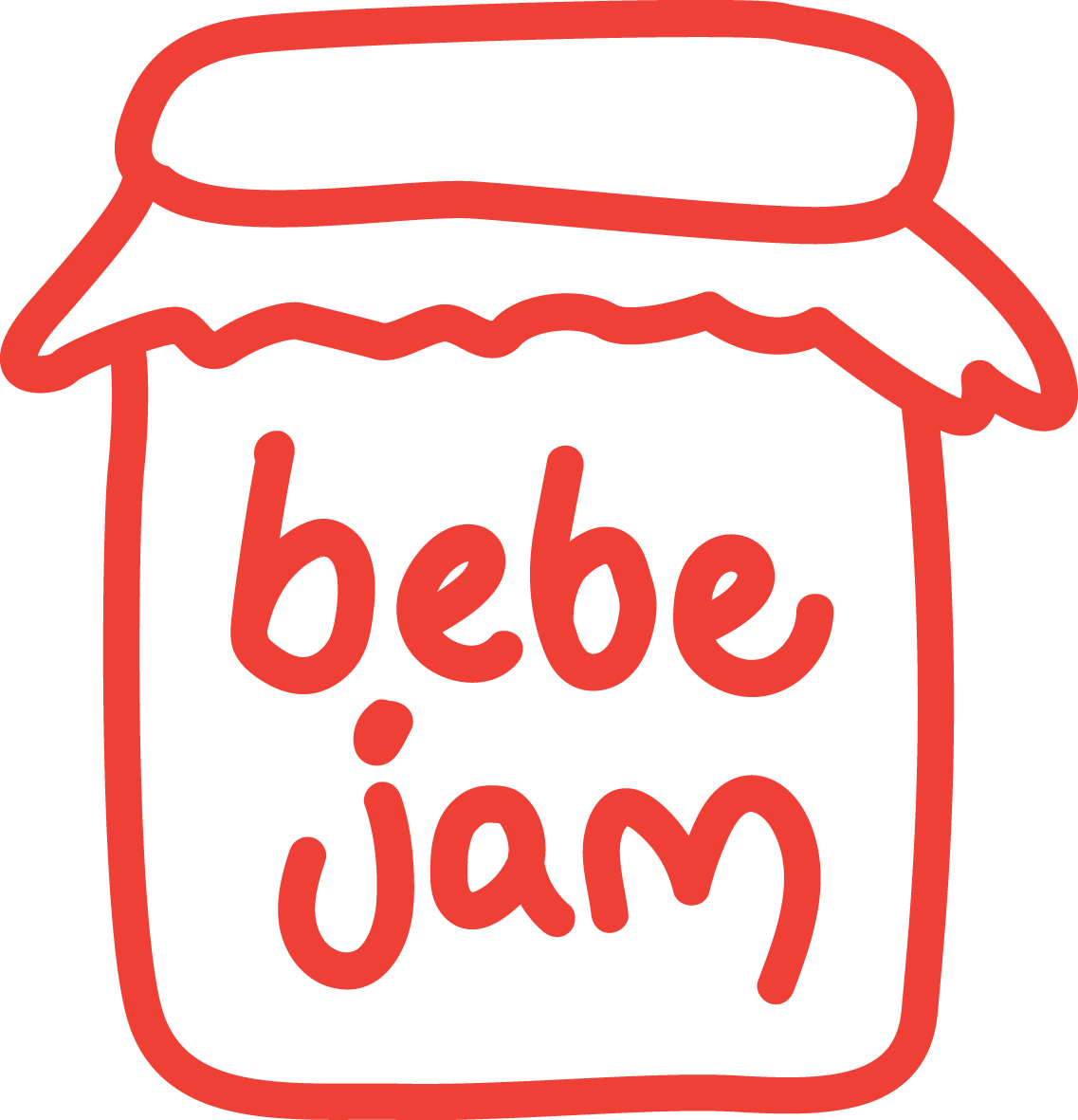Advice for sole traders struggling with debt
With the COVID-19 wage subsidy ending, you may be one of many self-employed people and small businesses feeling the pinch.
It can be tough to get a good handle on your finances when it’s just you in the business. It may be tempting to put off thinking about your financial position. It takes time and effort. It may feel stressful, which is a common response. And you may not know where to go to find helpful advice and information.
But taking time to work out where you are at financially will be time well spent. It can help ease stress now and in the future, and save you money on extra interest or penalty costs.
Prepare a budget listing your earnings and business expenses, including debts to repay. This will help you understand exactly what you owe, to whom, and how much you have to earn to make payments.
If you go into debt, that’s OK if you:
keep an eye on your cash flow — what you earn and what you spend, eg fuel costs, bills, tax
know full details of what you owe, eg car finance, tax
make a plan to repay these debts.
Understanding your cash flow can be as simple as regularly checking your bank account. Do you spend more than you earn? If yes, think about what might make it easier to pay what you owe. Examples include:
more time to pay
reduced payment amounts
cutting costs
selling assets you can do without.
If it’s hard to pay on time and in full, contact those you owe money to as soon as possible. Explain your situation. Lenders and government agencies may agree to restructure your payments to be more manageable. If you owe money to another business, they might agree to changes, such as more time to pay. But they too might be struggling financially.
It may take time to get your finances back on track, but even taking small steps to get out of debt will help.
your self-employed income has taken a hit due to the COVID-19 pandemic, you may be eligible for government financial support. The wage subsidy closed in September, but other options are available.
Tax relief
Paying tax when you are self-employed usually means several larger payments a year. Because making lump sum payments can be tough due to the economic impact of COVID-19, Inland Revenue has made it easier to pay smaller amounts over a longer time.
You can apply to pay tax in instalments and may be eligible to have penalties and interest waived. This applies to businesses, including sole traders, with tax due between 14 February 2020 and 25 March 2022. You must pay at least $20 a week and pay off what you owe within three years.
Paying by instalments (external link) — Inland Revenue
If you need more help with your own situation you can always talk to me directly.



